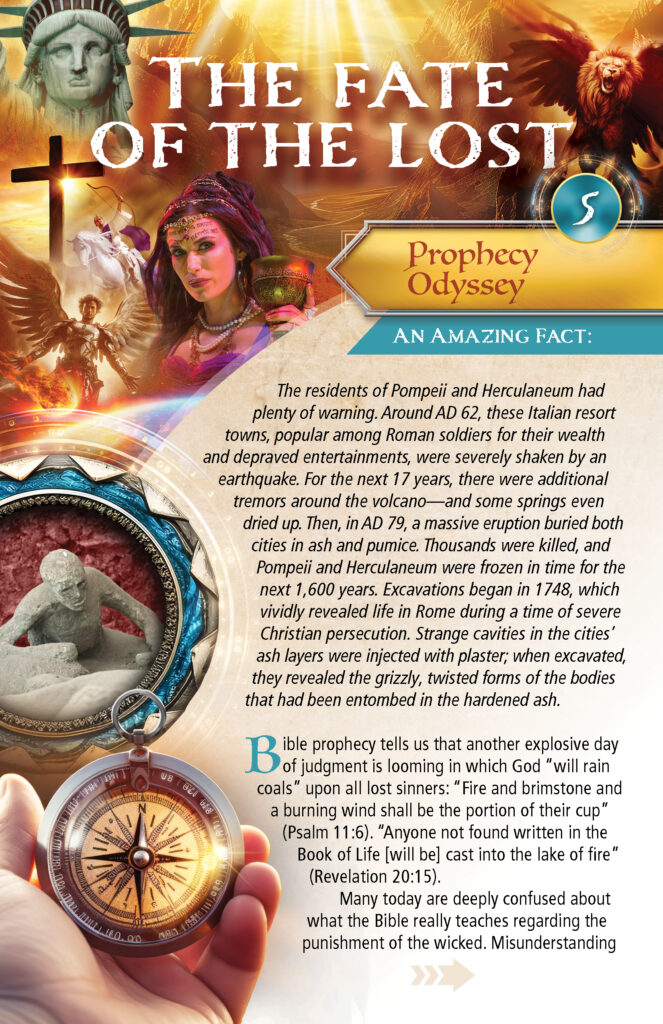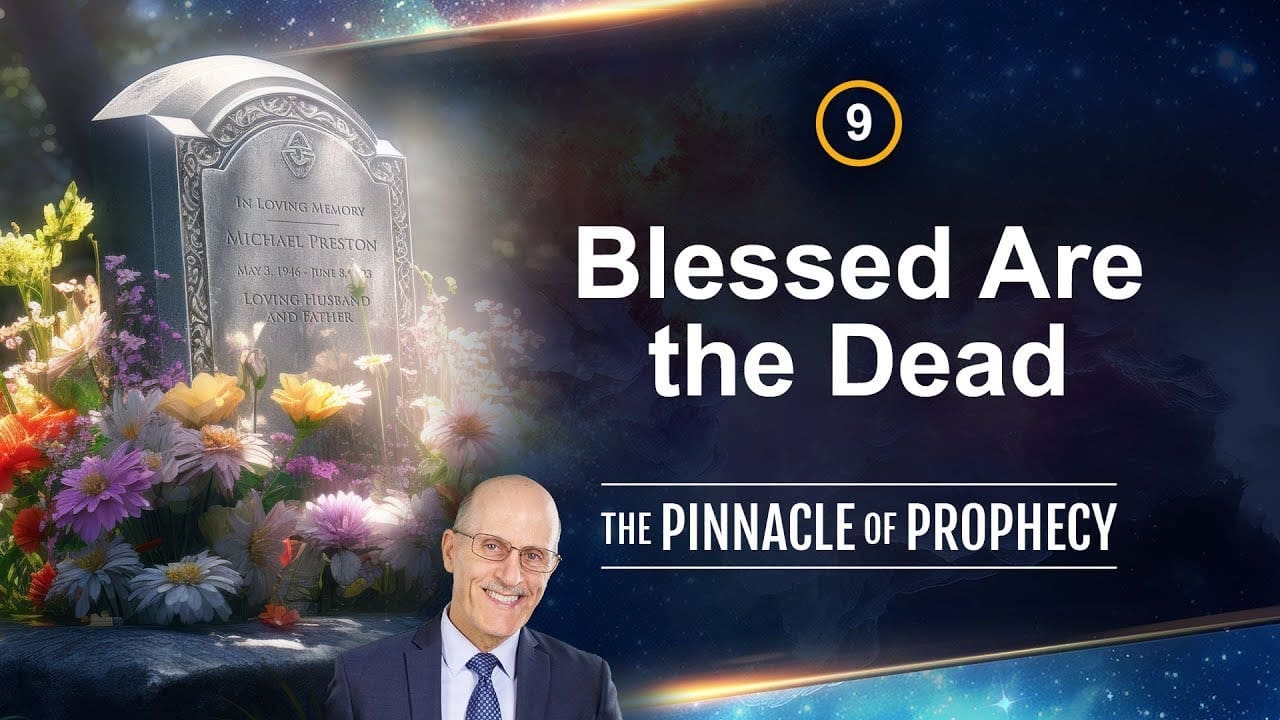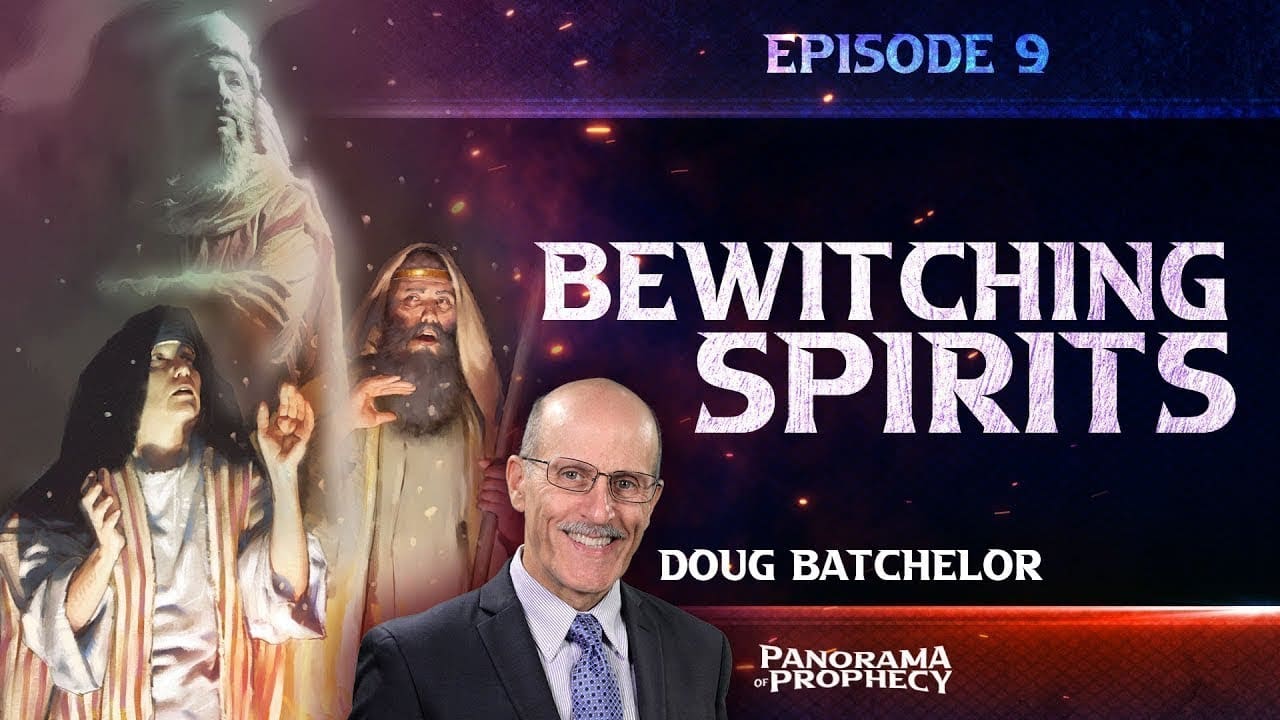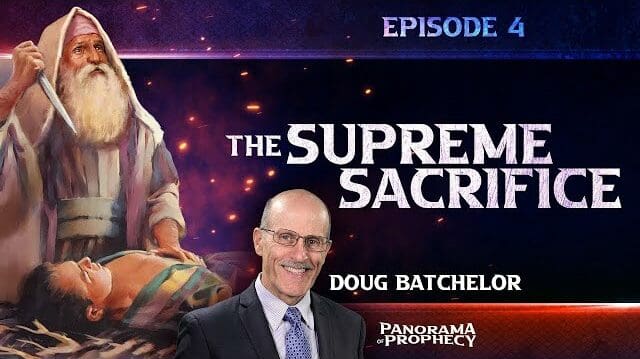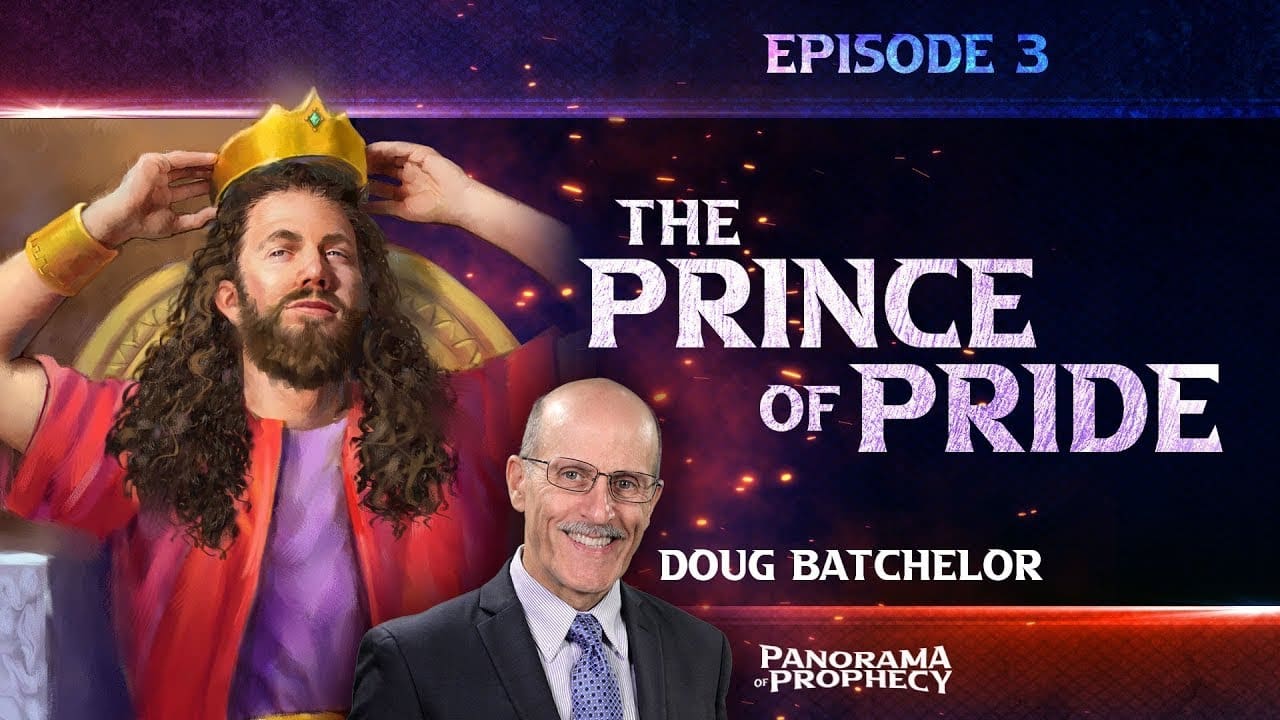The text in question, Hebrews 12:23, must be understood within the broader context and argument presented in the book of Hebrews. It is important to consider the entire letter to reach accurate conclusions about its theology.
The theme of Hebrews is to deter Jewish Christians from returning to Jewish traditions by explaining how those traditions were fulfilled in the life and death of Jesus Christ. The author draws comparisons between the old system and the new covenant to establish the context for the verse in question about “the spirits of just men made perfect.”
The comparison begins in Hebrews 12:18, where the author describes the experience of Moses and the Israelites at Mount Sinai when they received the Ten Commandments. The author contrasts the terrifying experience at Mount Sinai with the joyous experience of Christians who have come to Mount Zion, the heavenly Jerusalem, and the assembly of the firstborn registered in heaven.
The groups mentioned in Hebrews 12:23 are those who will be present in heaven when the time comes, but the passage does not necessarily imply that they are already in heaven. The author speaks of the church of the firstborn, which consists of faithful members of the Christian church. Additionally, there are the spirits of just men made perfect. These are individuals from the Old Testament era who had faith in God and were justified by His grace. They died looking forward to the coming of Christ and are considered just or righteous through His sacrifice.
It is important to note that the term “spirits” does not imply an ongoing spiritual existence after death. The spirits of the just men made perfect can be understood in the context of the breath or spirit of God that returns to Him upon death. The belief in the resurrection and the transformation of believers into new bodies is consistent with the biblical teachings on death.
When considering the use of the term “spirits” in the book of Hebrews and other biblical passages, it is clear that it does not provide support for the concept of an immortal human soul separate from the body. The understanding of death as a temporary sleep until the resurrection is more consistent with the biblical evidence.
In conclusion, the text in Hebrews 12:23 should be interpreted within the broader context of the book of Hebrews. It does not provide conclusive evidence for the existence of an immortal human soul, but rather emphasizes the hope of resurrection and the future state of believers in the presence of God.



